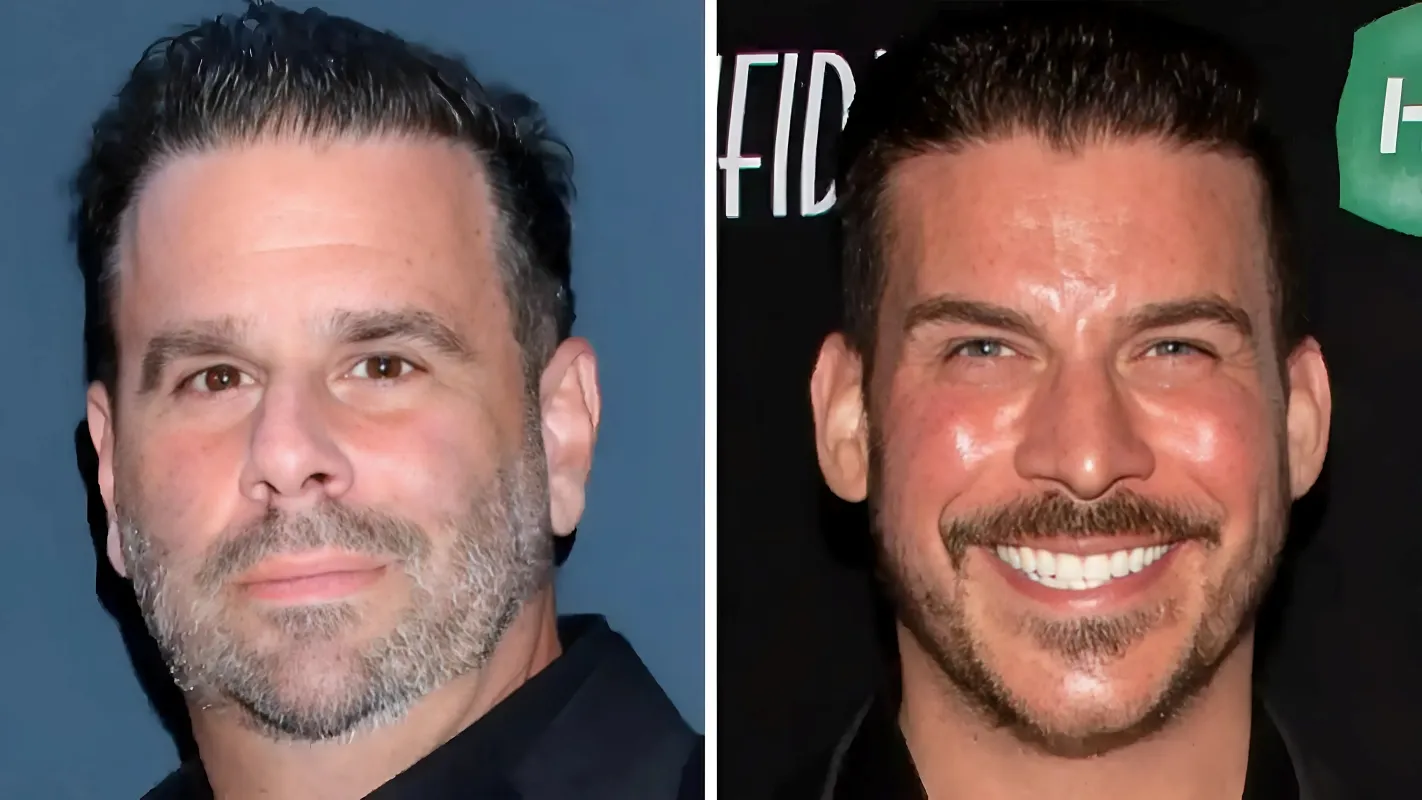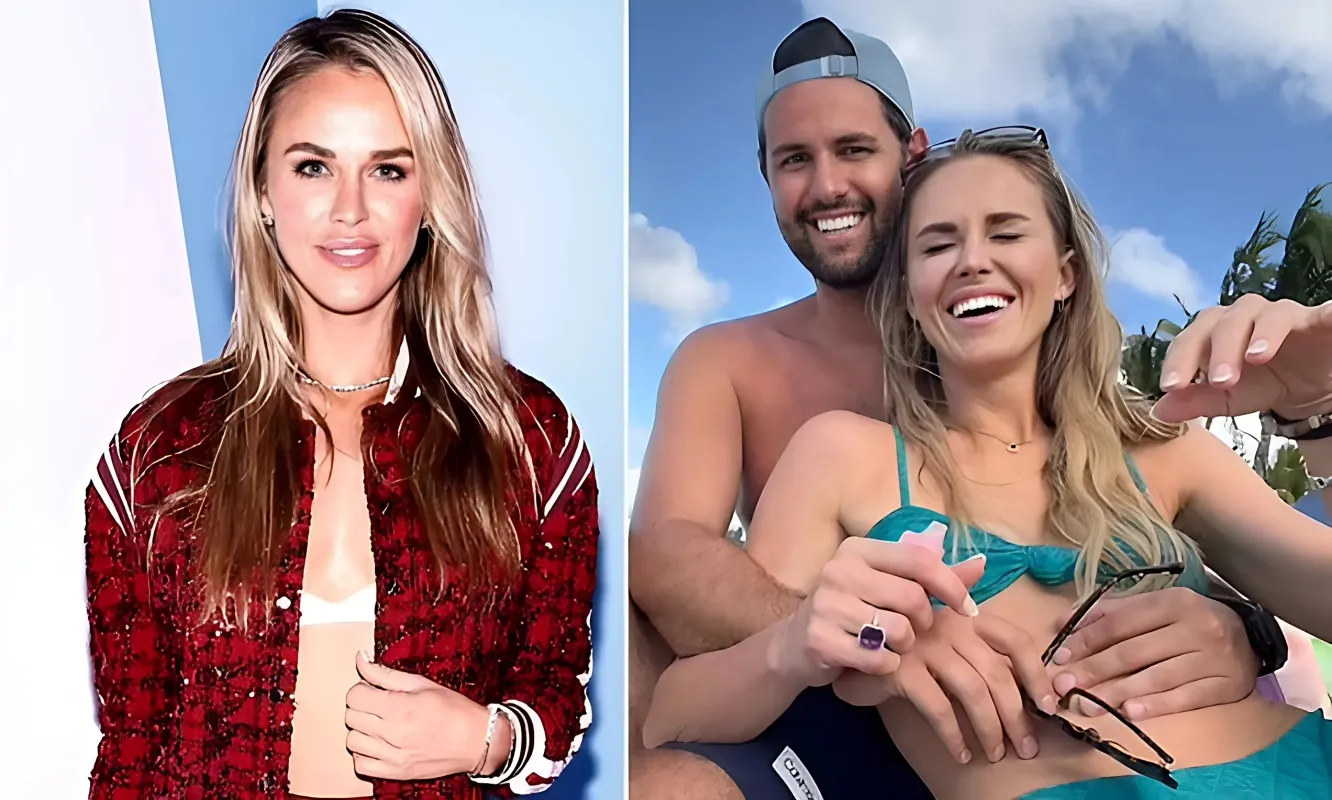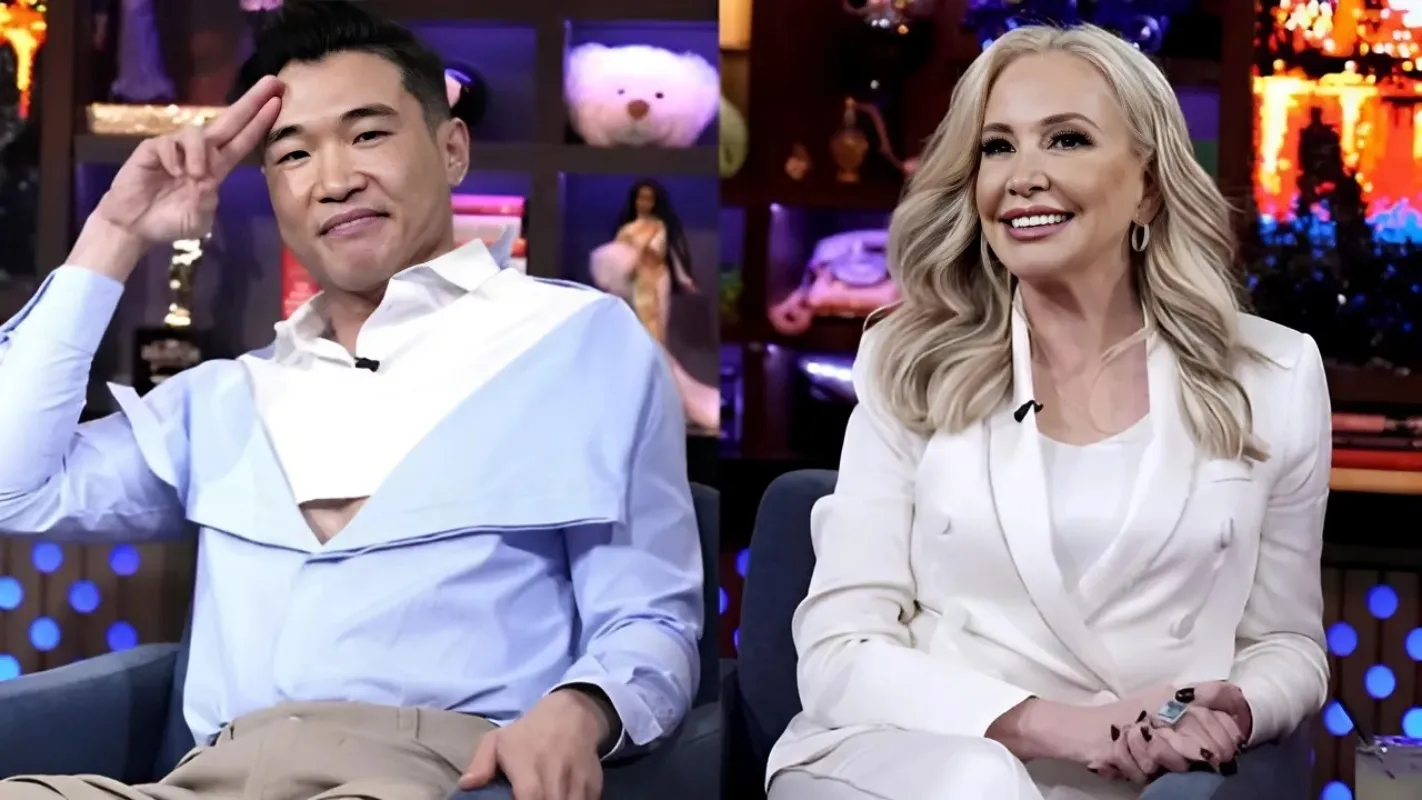Vanity Fair’s much-anticipated story about the “reckoning” over the “Real Housewives” franchise landed like a bomb on Monday morning — but it didn’t hit the targets that many insiders had expected. (Or, perhaps, had hoped.)
In the weeks before the publication of the 8,000-word piece by heavyweight reality writer Anna Peele, many stars and production insiders alike told Page Six they believed the piece would provide something of a comeuppance for Bravo big Andy Cohen and several less well-known show honchos.
But the behind-the-scenes consensus when it hit stands was that those figures came out relatively unscathed.
Meanwhile, Ramona Singer seemed to do the network something of a favor by drawing most of the heat from the piece — even though the “The Real Housewives of New York City” star wasn’t supposed to be the center of the story.
While the piece shined a light on the methods of Cohen, Lisa Shannon (a top dog at production company Shed, which makes “Real Housewives: Ultimate Girls Trip” and “RHONY,” among other shows) and her right-hand man John Paparazzo, it exposed new details about Singer that were so lurid that they effectively took the focus off the controversial and powerful execs.
Bravo reality star Ramona Singer faced backlash for revealed comments. Singer had asked a stunning question during a racial sensitivity education session.NBCU Photo Bank/NBCUniversal via Getty Images
Insiders believed the piece would provide a punishment for Andy Cohen and several less well-known show honchos.Charles Sykes/Bravo via Getty Images
Singer said she’d read a study that confirmed that most black children have single parents.
As Page Six has previously reported, Singer was investigated after she was accused of using the “N-word” during a conversation with a production staffer.
The investigation proved “inconclusive.” But Peele’s story revealed that, among other things, Singer had asked a stunning question during a racial sensitivity education session.
The lesson’s leader had advised the participants to avoid referring to racist tropes, like the one in which black fathers are not present for their children. “What if they don’t have a father? Why can’t I say that?” Singer said, according to the story, “Most of them don’t.”
Singer said she’d read a study that confirmed that most black children have single parents.
Singer, Bravo and Vanity Fair didn’t comment.
Source : pagesix.com






